It seems a day can’t go by without some kind of content creator conflating their own struggles with their respective platform to the plight of thousands of striking workers within SAG-AFTRA and the WGA. DJ Vlad has officially outed himself as an agitator of the proletariat, saying he thinks that those striking workers just need to get over it while interviewing comedian Aries Spears.
The basis of Vlad’s argument is that businesses change over time and he draws on his own experience working with YouTube over the last few years – noting how much more difficult making a living has become over the past five years. But the creator says his woes with the media giant won’t push him to “cry about it” or “protest and picket YouTube.” Instead, he says he changes with the business. How exactly he’s done this he doesn’t outline, nor does he acknowledge that Unionization is the number one way for workers to change their situations.
Instead, he conflates the two separate strikes, first arguing that writers need to get over themselves and find a way to use AI writing to their advantage, or just get out of the field. It’s a scummy argument and one that is thrown around at undervalued workers like those in the service industry, manufacturing positions, and, more recently, the arts and entertainment sectors where AI threatens livelihoods daily. As ridiculous as Vlad’s “solution” is, it gets the conversation rolling.
Spears tries to explain the process of AI in entertainment, basing his answer off of a recent interview with Harrison Ford. Spears paraphrases, saying that though AI can take a lifetime of film to create a photorealistic version of young Harrison Ford, that must be superimposed over the actor as they breathe life into their character. While the image may be picture-perfect, “It takes away the authenticity of a real performance. You can’t AI that.”
To which Vlad replies in an impudent tone, “for now.”
Realistic human emotions are something that visual effects artists have been working on for years. Despite the length of time put into capturing micro-expressions and simulating humanity through CGI, there is still a long way to go, and most movie-goers aren’t sold on the technology yet. There have been a number of arguments against AI-implemented actors, regardless of their current or former popularity. The Flash was trounced for its depiction of Christopher Reeves’ Superman, The Mandalorian weirded out fans with CGI Luke Skywalker, and The Irishman’s de-aged cast left fans wandering the Uncanny Valley – the phenomenon that occurs when a human-like figure is almost life-like but not life-like enough.
Vlad argues that in 20 years technology could be to a point where these artificial actors were easily accessible, to which Aries yells, “Who would want that?” and “If that happens we are done!” We have to agree, what sort of soulless monster would be entertained by long-dead actors playing bit parts in a high school-level production? Vlad argues that the technology could allow aspiring film students to make their own movies, but he fully ignores the fact that such a world would rely on old talent. In a world fueled by AI actors, there might be fewer chances for aspiring newcomers to find work. It would be an entire generation of Tom Cruise, John Wayne, and Betty White films with none of the manic, masculine, or precocious charm.
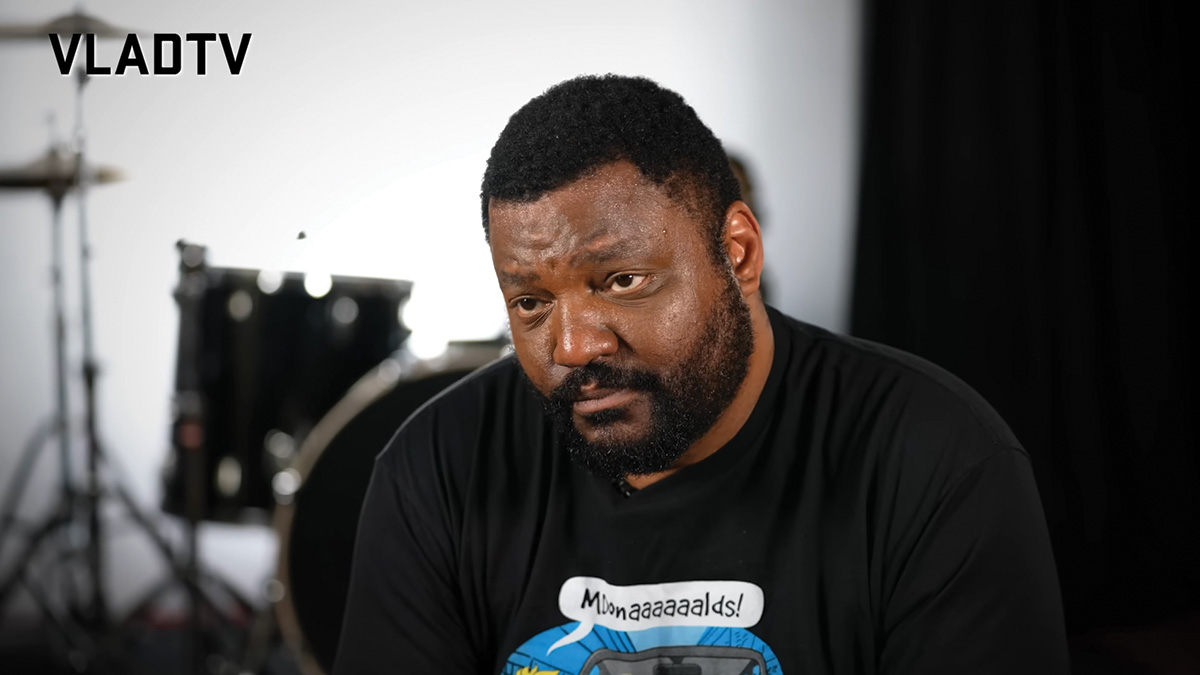
When it comes to Indie movies, it’s usually well-rounded or ambitious concepts that make a solid film. It certainly wasn’t a big-name actor that launched Kevin Smith, Greta Gerwig, or Barry Jenkins‘ directing careers, nor did those directors start with 10-million-dollar budgets. It’s almost as if a great concept and talented actors can make even the smallest budget movies look spectacular.
It’s also undeniably creepy to imagine a future where entertainment is shaped by machines. The best stories are based on human interaction — something that Spears tries very hard to get Vlad to recognize. He cuts Spears off to talk about Andy Warhol, noting that the artist was known for using his art collective as proxy painters to finish works. Artistic communes aren’t unusual in the art world – prolific painters often use their students to help them finish pieces. But the host is too busy dismissing an art collective for a machine – one that has ingested thousands of hours of human work in order to pass off human-like ideas.
Vlad never manages to make a solid argument for why he thinks the way he does, instead, he focuses on the more important aspects of an interview, like cutting his guest off and throwing out inane factoids rather than addressing Spears’ point. It’s easy to say that the unionized workers should “shut up and move on” when their very real issues have little bearing on one’s own life, but we have to think that as soon as AI starts tackling the YouTube sphere, DJ Vlad will change his tune.

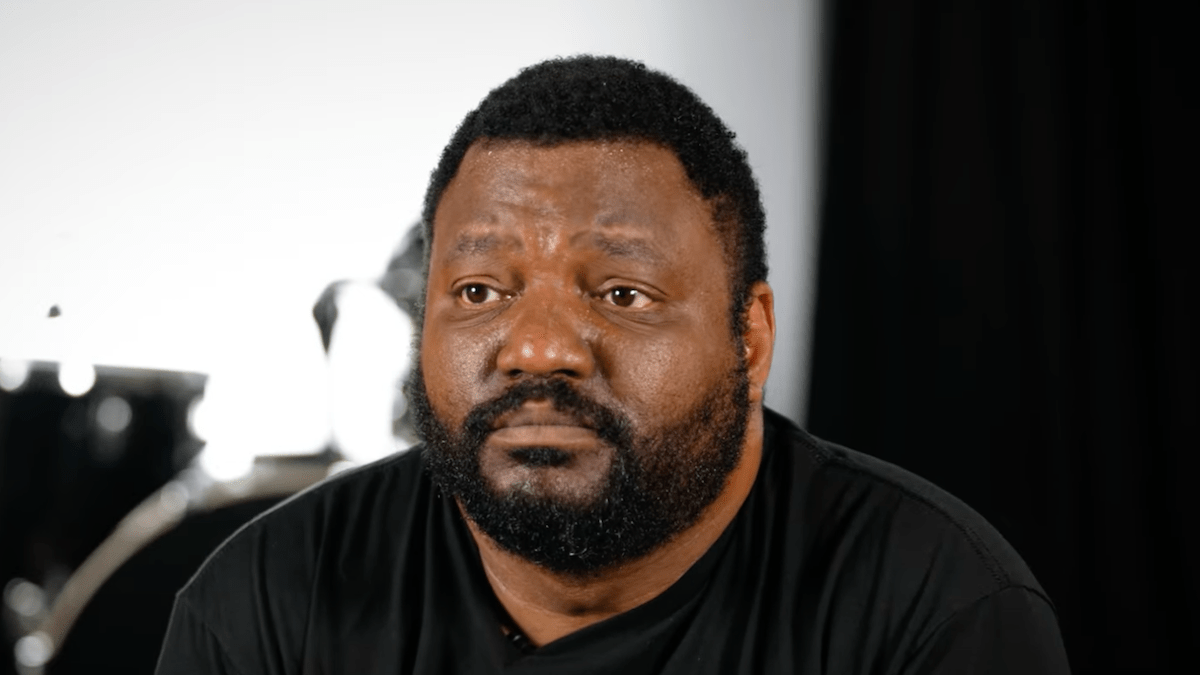
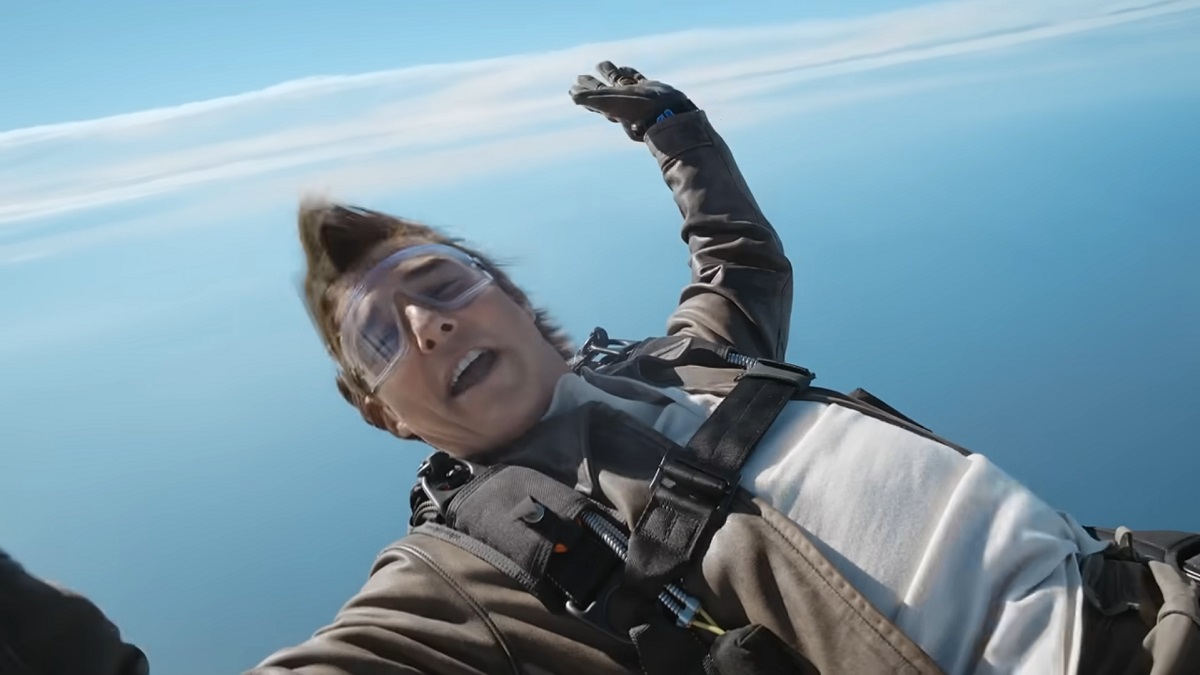
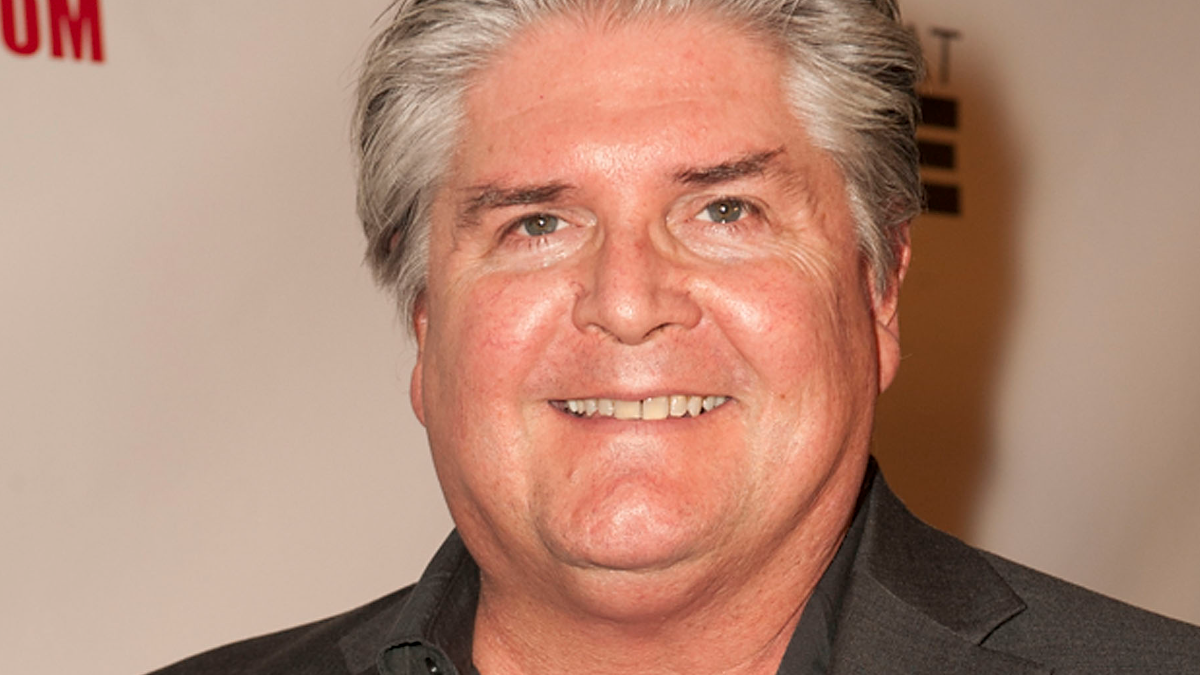

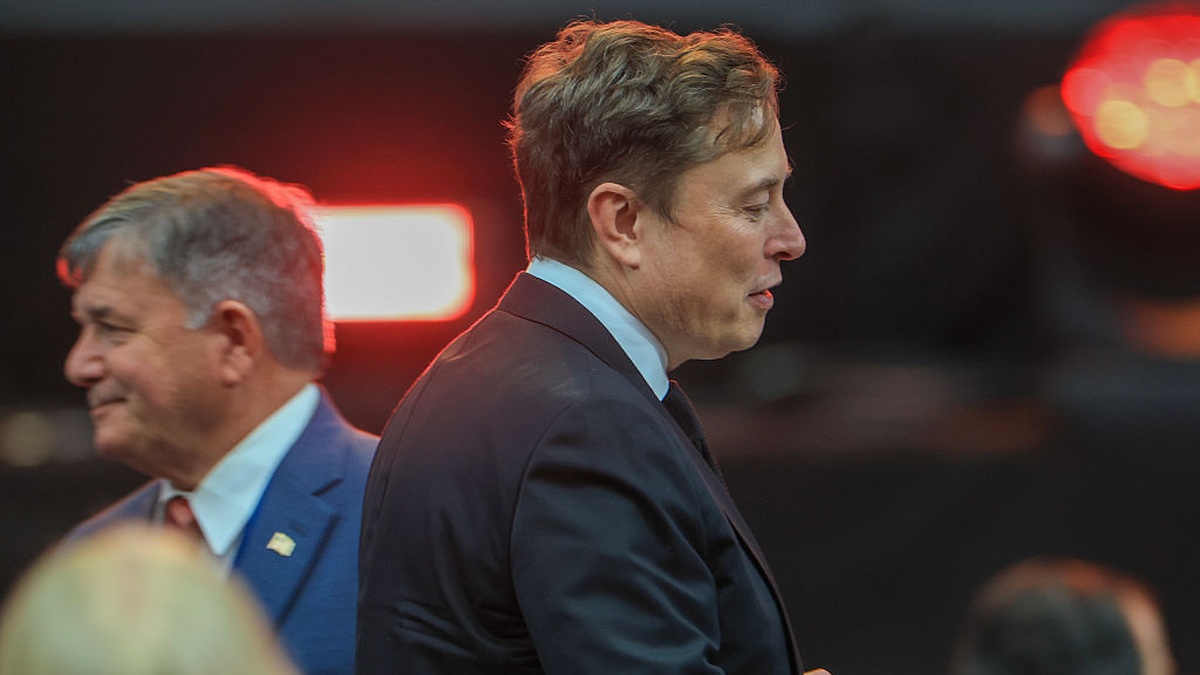


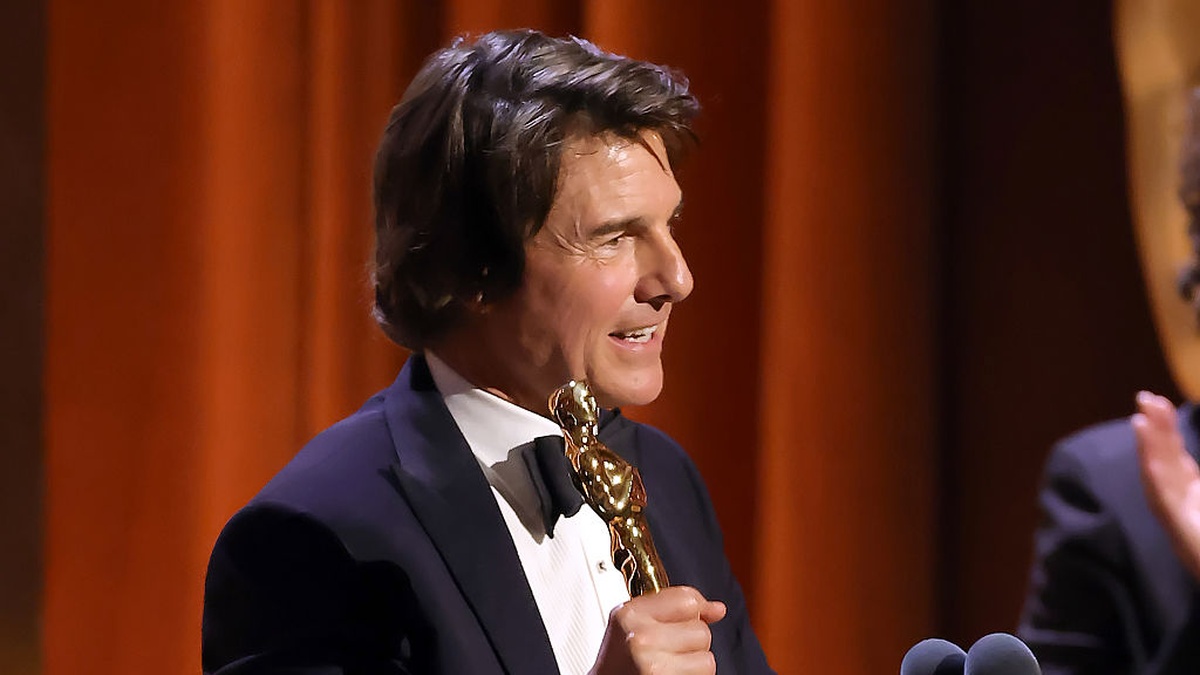


Published: Aug 15, 2023 03:34 pm